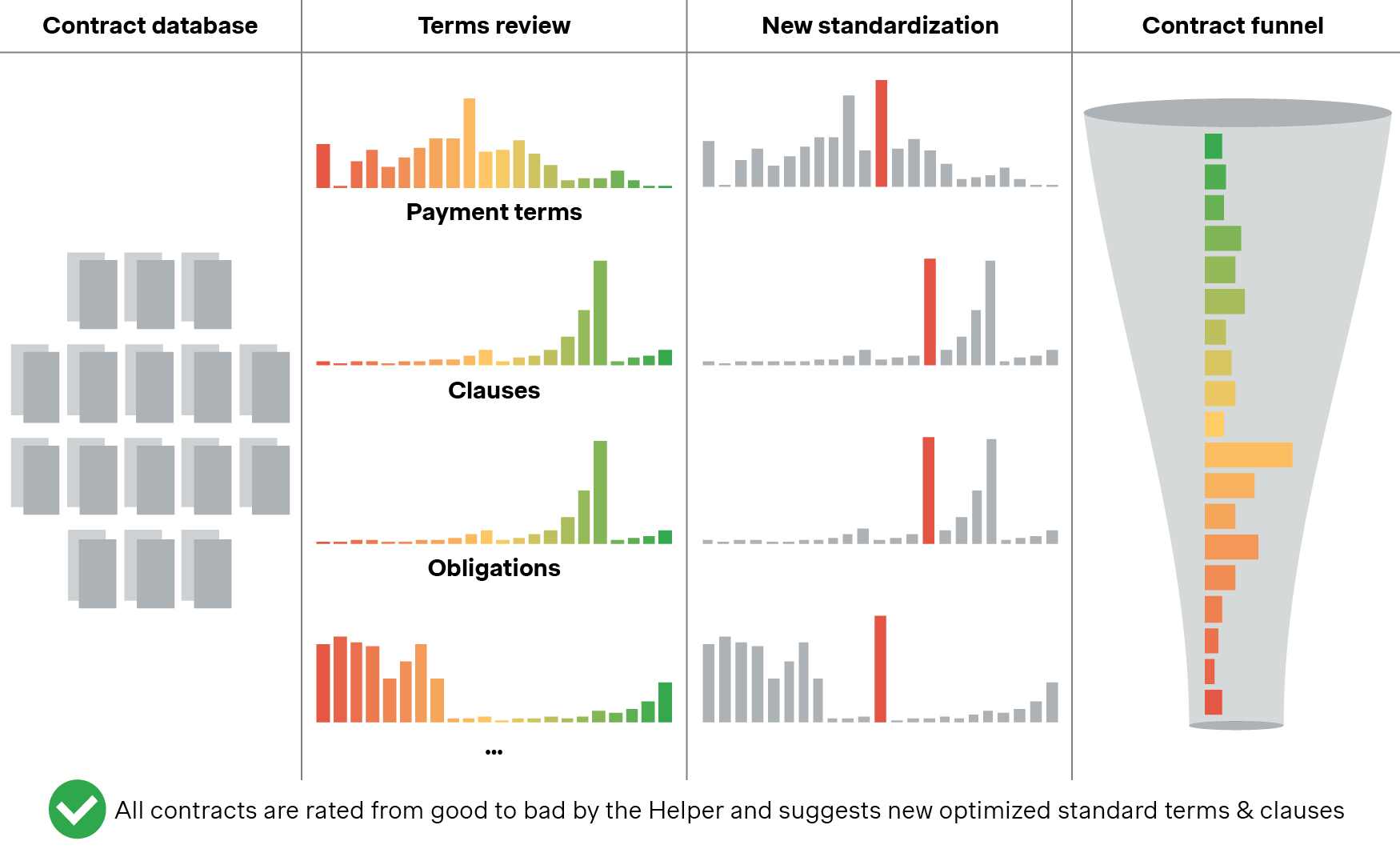At Simon-Kucher, we’ve seen firsthand how Generative AI (GenAI) is not just transforming industries but opening doors to entirely new ways of doing business. Many of our B2B clients are already seeing improvements in operational efficiency, but there's so much more on the table. GenAI has the potential to revolutionize how companies engage with customers, innovate their business models, and drive significant revenue growth. With our deep expertise in helping businesses unlock commercial opportunities, we believe now is the perfect time for companies to move beyond process automation and truly capitalize on the value that GenAI can deliver. Let’s explore together how to tap into its full potential.
The untapped opportunity: Commercial applications of GenAI
Most AI applications in B2B still target operational efficiencies. However, the real opportunity lies in leveraging GenAI for commercial growth. AI can drive higher sales conversions, enhance customer experiences, and even create entirely new revenue streams.
For example, a recent Goldman Sachs report estimates that GenAI could boost global GDP by nearly 7% over the next decade. These gains will be realized through increased productivity, new job creation, and higher profit margins. However, benefits will not be evenly distributed - early adopters, particularly in industries such as banking, technology, and life sciences, will see the most significant impacts.
Proven GenAI use cases for B2B companies
1. Contract Review Helper:
One of the key applications of GenAI is in contract management. With AI-powered tools like the Contract Review Helper, companies can quickly analyze contracts, including terms, conditions, and payment clauses, to identify risks and opportunities for standardization. This leads to faster contract processing and ensures that businesses can manage renewals more effectively. As a result, companies see faster contract turnaround, and reduced liability exposure.

2. MRO (Maintenance, Repair, and Overhaul) Assistant:
The MRO Assistant leverages GenAI to handle customer service inquiries regarding maintenance and repairs autonomously. This reduces resolution time, boosts customer satisfaction, and frees up service teams to focus on complex tasks. By automating up to 80% of routine queries, businesses can achieve a 17% reduction in resolution time and significantly improve service efficiency. This leads to higher customer retention and satisfaction.
3. Tender automation and bid optimization:
In industries with complex procurement processes, AI-powered tender automation tools streamline the bid process by extracting key information from lengthy RFQs. These tools can match products, assess technical requirements, and even compare internal standards, helping companies submit more competitive bids faster. As a result, companies see up to a 7% increase in win rates, a 40% improvement in efficiency per full-time employee (FTE), and a reduction in specification mismatches.
The Generative AI wave is here
The adoption of GenAI is accelerating at an unprecedented rate. ChatGPT reached 100 million users within just two months, a milestone that took Netflix 11 years to achieve. Yet, this wave of adoption is not evenly distributed, with younger generations embracing AI tools faster than older ones.
Furthermore, the race is not just about developing the best algorithms but also about having the right hardware. NVIDIA’s Blackwell B200 chip, for example, promises to make GenAI solutions 30 times faster, further accelerating AI's impact across industries.
What’s next for businesses?
As GenAI continues to evolve, businesses must act quickly to stay ahead. Early adopters are already reaping the rewards. For example, Klarna’s AI-powered chatbot has saved the company $40 million annually by handling the equivalent work of 700 full-time employees.
To harness GenAI's potential, businesses must focus on three key areas:
- Efficiency and cost reduction: Automating routine tasks like logging customer interactions.
- Commercial growth: AI-powered chatbots and assistants that enhance customer satisfaction and drive conversion rates.
- Innovation: Creating new business models, like AI-driven contract management or personalized travel services.
The key takeaway? GenAI is not just a tool for automation - it’s a driver of better growth, creating meaningful value for customers and businesses alike. Companies that fail to act risk losing their competitive edge and missing out on significant growth opportunities.
Explore all the insights from our B2B Masterclass
Unlock practical strategies in B2B pricing, sales, and marketing



